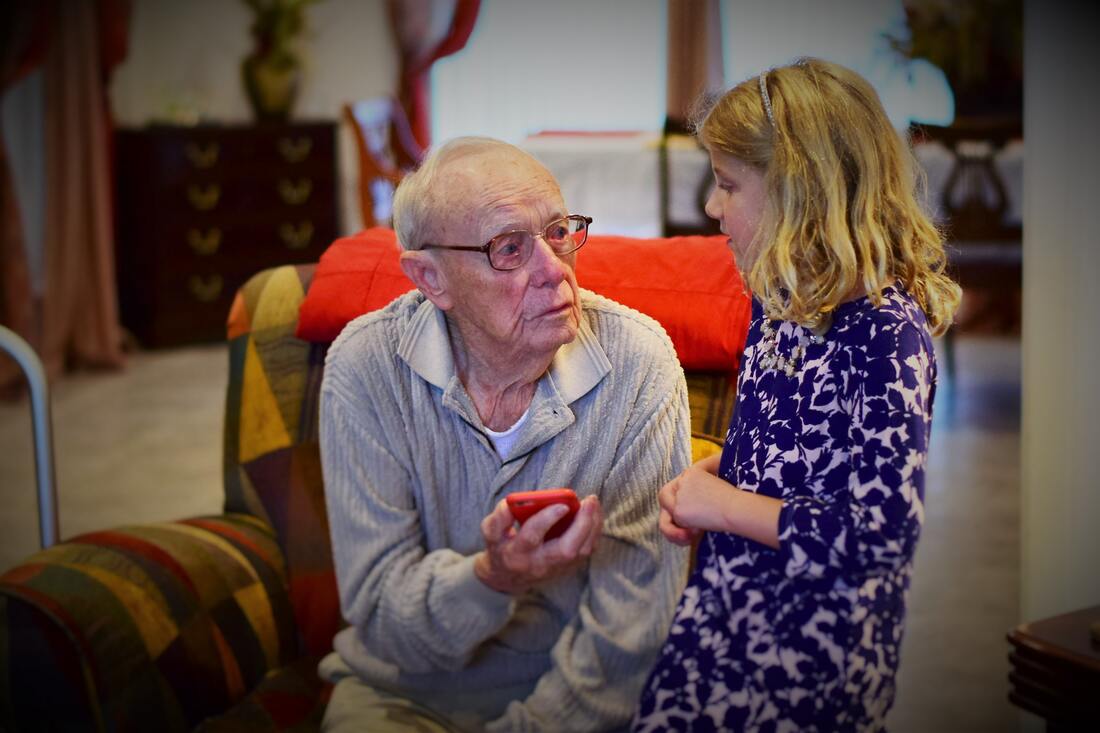|
It is reasonable that you would want to learn as much as you can about subacute care and what to anticipate from this service if it becomes necessary. In brief, subacute care is a medical situation where patients need more sophisticated, 24-hour care. A "skilled nursing establishment" is not a particular sort of facility since skilled nursing may be helpful in various medical contexts, from short-term rehabilitative therapy to permanent and long-term care.
Sub acute care denotes a high degree of care requiring specialized training and particular licensing. Skilled care is provided by Registered nurses, occupational therapists, medical assistants, speech therapists, or other professionals who have completed specialized training to become experts in their respective fields of medicine. In subacute facilities, speech-language pathologists offer the same treatments as inpatient rehabilitation or skilled nursing institutions, such as speech, cognitive-communication, and swallowing therapy. In addition, patients share comparable causes, such as stroke, brain trauma, dementia, and severe medical disorders. Subacute care is given to patients who need:
During treatment, the emphasis is on restoring strength, movement, and long-term function. Physical, occupational, and speech therapy are combined for optimal outcomes. Additional treatments, such as respiratory therapy, might be added as necessary for a comprehensive approach to care. The objective of comprehensive subacute care for seniors is to return patients to their regular, everyday contexts with the best degree of strength and functioning feasible. However, it may be challenging to return to ordinary life after a significant sickness or accident, mainly if the "new normal" is different. This is when subacute care comes into play. It helps patients gradually acclimatize emotionally and physically to a new quality of life. Benefits of Subacute Care and Long Term Care Subacute care is advantageous if you are:
Professional nurses are present in a range of medical settings and can offer individualized care for various requirements. A skilled nursing facility is a typical area to locate competent nurses since its inhabitants need assistance with everyday duties to improve lives while keeping as much autonomy as possible. Some long-term care facilities that provide subacute care provide extensive services, ranging from short-term rehabilitation and rehabilitation to long-term care. In short-term care, when a patient might need more sophisticated care for a limited time before leaving the institution, skilled nurses are also essential team members. What Is a Nurse for Subacute Care? Subacute care nurses offer patients a program of rigorous treatments and care until they become stable enough to be transferred to a higher level of care or released. This is done so that patients may recover as much autonomy without requiring continual care from on-site medical staff. As an inherent part of the nursing workforce, subacute care nurses assist in arranging for the release of patients, make sure that supplies are purchased and prepared for upcoming health requirements, handle patients' medications as directed by one "s physician and other providers, as well as monitor patients' intake of food to guarantee adherence with dietary restrictions and nutritional requirements. A subacute care nurse would be responsible for instructing patients on proper diet, cleanliness, exercise, and socializing, as well as regularly rounding on patients and informing other nurses of any necessary status changes. What Does a Subacute Care Nurse Do? Subacute care nurses provide care and therapy to chronically ill patients in their homes or skilled nursing facilities. They work in hospitals, long-term care centers, hospices, and residential care homes, among other settings. A subacute care nurse assists patients recuperating from diseases and injuries, including heart attack, strokes, pneumonia, and other infections. In addition, they treat patients suffering from arthritis, cancer, and other disorders that have rendered them bedridden and incapacitated with chronic pain management. The daily tasks of a subacute care nurse may vary based on senior healthcare or nursing treatment plan. Daily responsibilities might include
0 Comments
Leave a Reply. |
|
QUICK LINKS
|
Award-winning care as recognized by
Your comments and satisfaction are important to us.
Consider writing a review on Google or Facebook. |
© 2024 Bridgeway Senior Healthcare. All Rights Reserved | Privacy Policy | Sitemap







